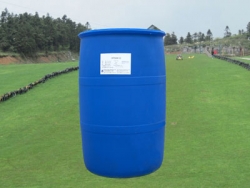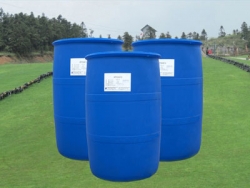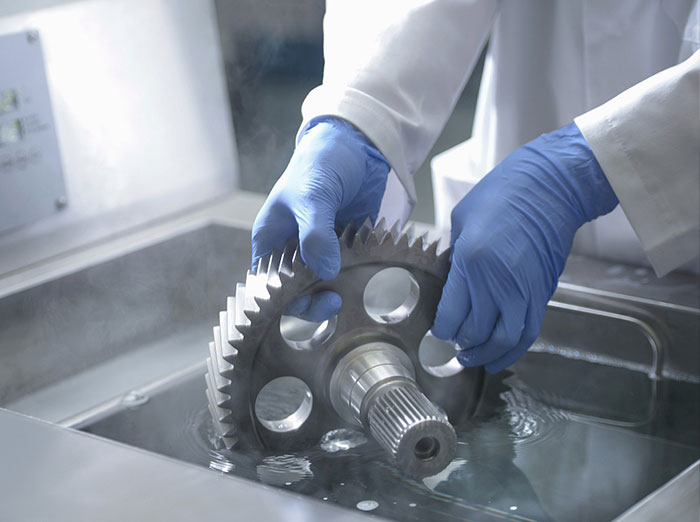In the pickling, a large amount of acid mist will be generated, which will affect the health of the workers and pollute the environment. At the same time, it will corrode the plant and equipment. In order to improve the descaling effect of pickling and prevent acid corrosion, in the sulfuric acid or nitric acid in pickling. The addition of a surfactant can suppress the acid mist, accelerate the pickling speed and prevent the occurrence of over-corrosion. Formulation: 1~10% hydrochloric acid 1~8% nitric acid 0.1~20% of phenolic acid polyoxyethylene.
Sources of raw materials for alkyl polyglycoside surfactants have now expanded from petroleum to coal, oil shale, microbial and industrial waste streams.

For example, gas oil produced by coal hydrocracking or creosote produced by fractional distillation of coal tar is an ideal raw material for preparing sulfonate surfactants due to its rich aromatic hydrocarbon component; page obtained by dry distillation of oil shale Rock oil, because it is rich in nitrogen-containing compounds, is an important raw material for cationic surfactants; biosurfactants obtained from microbial metabolic products can be used to drive oil; lignosulfonates obtained from paper mill waste liquids can be used. A surfactant is produced by alkylation and oxidation for treating a formation or the like. By expanding the source of surfactant raw materials, the cost of surfactants is reduced to meet the large demand for surfactants in oil fields.

Surfactants are mostly used in combination. The effect of the compounding surfactant is often superior to that of the single surfactant under the same conditions, which is the synergistic effect. Since the synergistic effect can improve the use of the surfactant, reduce its amount and expand its use range, the synergistic effect of the surfactant is an important subject in the application research of the surfactant.
The harsh conditions refer to conditions beyond the normal conditions, such as the formation temperature in the range of 90 ° C to 180 ° C, and the formation water salinity in the range of 8 × 104 mg · L - 1 to 30 × 104 mg · L -1 . Under these conditions, many surfactants cannot be used. As drilling and production formations become deeper and deeper, formation temperatures and formation water mineralization become more and more demanding, placing more stringent requirements on the use of surfactants. New surfactants will continue to emerge, update, refine and optimize in the study of how to meet demanding conditions.
